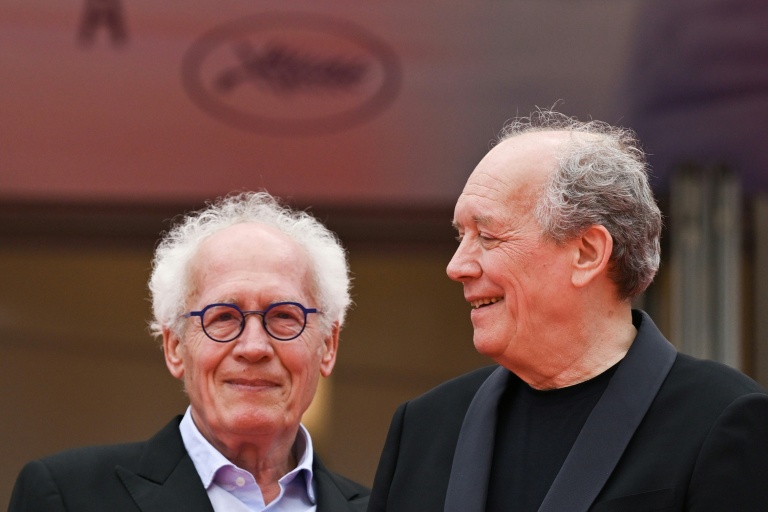The Cannes Festival came to an end on Saturday, along with a fierce Iranian film about political prisoners and a drama directing Ukraine on tyranny among frontrunners to win the Palme d'Or Prize.
After nearly two weeks of fascinating red carpet and some politics, French actor Juliet Binoche and her ju umpire announce the winners of 22 films, competing for one of the world's most famous film awards.
Most referenced candidates include Iranian superintendent Jafar Panahhi's “It was just an accident” and the study of the tyranny of Ukrainian superintendent Sergei Rozhnitsa in “Two Prosecutors.”
On the final day of the screening, the British newspaper The Guardian gave a rare five-star review of “young mother,” a delicate portrait of a teenage mother by two Belgian Palme D'OR Winners Jean-Pierre and Luc Dardenne.
A German film starring four generations of women called “Sound of Falling” and a Brazilian film on set in the 1970s, entitled “The Secret Agent” also surprised critics.
Many festival attendees fell into the pleasant drama of Richard Linklater's “Nouvel Wague” about French director Jean-Look Goddard.
Beyond competition, the French Riviera is bustling with politics as well as A-listers.
US filmmaker Todd Haynes warned of a “wild US president,” while Chilean-American actor Pedro Pascal admitted it was “terrifying” to oppose President Donald Trump.
According to organizers, the Gaza War has taken the hearts of some of the festival's guests, with over 900 actors and filmmakers signing an open letter denounced “genocide” on Palestinian territory.
Binoche, “Schindler's List” star Ralph Fiennes, US indie director Jim Jalmusch and WikiLeaks founder Julian Assange will be releasing a documentary in town where he will star in the town – is one of the signers.
– Awards –
The award has already been announced.
The first Chechen film to be screened at the Cannes Festival won the best documentary, but the film about Assange's lifetime “The 6 billion dollar man” won the special juj award on Friday.
In the Specific Respect section of the Secondary United Nations, Chilean filmmaker Diego Cespedes was awarded the top award for “Flamingo's Mystical Eyes” following a group of trans women living in desert mining towns in the 1980s.
French actor-turned director Hafcia Helzi has won the unofficial queer palm for The Last One, a coming-of-age story about teenage lesbians and Muslims living in Paris.
“I wanted to show that friendship had no borders,” Herzi said.
Earlier this week, “Heative Ghost,” a Thai Thai LGBTQ ghost story on the wall packing bold political punches, won the top prize in the Critics Week Sidebar section.
“We need to tell more diverse and strange stories,” said director Ratchapoom Boonbunchachoke.
In a light memo, the Sheepdog, featuring the Icelandic family drama The Love that Leave, won the Palm Dog Award for dog performers in the festival film, organizers announced.
Icelandic director Hlynur Palmason cast his own pet, the Panda, with a poignant story about a couple navigating their separation and impact on their families.
AH/ADP/PHZ/FEC


